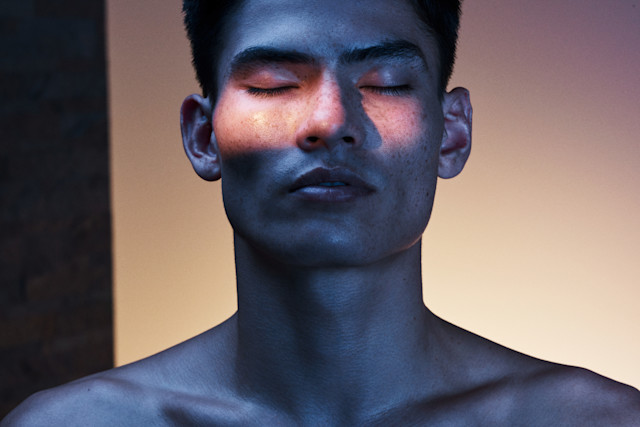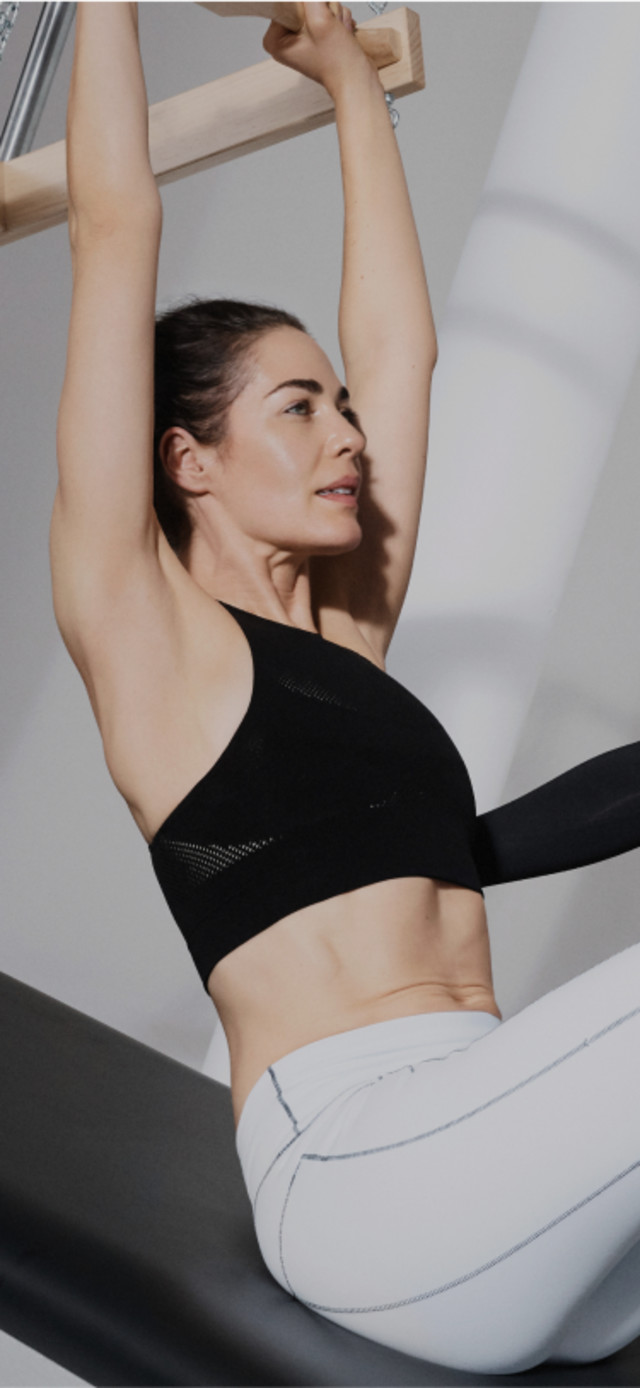SMALL MOVES. BIG CHANGES.
Join now and earn back your initiation. Offer ends soon.
Get Started
Membership With Benefits
Where Luxury and Fitness Meet
The Spa
Take time to regenerate and elevate your performance with our always-evolving selection of Spa treatments and services.
Discover The Spa
Stretch & Recovery
Regenerate and recover with stretching, massage, and breathing techniques.
Discover Recovery
HeadStrong Meditation
Find your center anywhere with our selection of meditations created for mindfulness, calming, and sleep.
Discover HeadStrong
The Equinox+ App
Unlimited Classes
Classes curated and developed by the industry’s best talent, bringing results through innovation.
Discover Classes
Personal Training
Performance at its highest level with renowned Personal Training.
Discover Personal Training
Studio Pilates
A purely authentic Pilates experience that strengthens and creates balance in the body.
Discover Pilates
Explore A Club Near You
Unrivaled Group Fitness classes. Unparalleled Personal Training. Studios that inspire you to perform and luxury amenities that keep you feeling your best.
Find a location